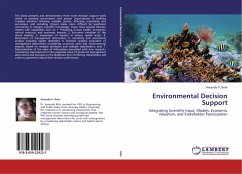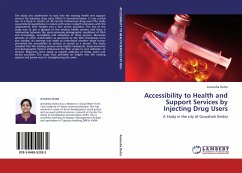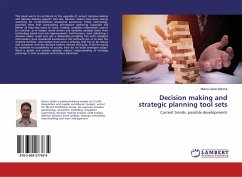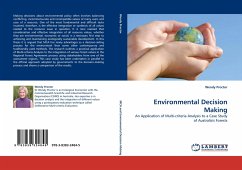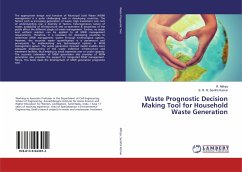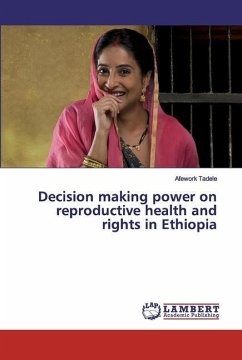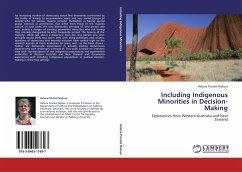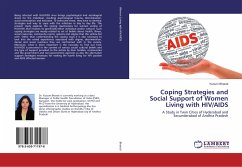This book presents and demonstrates three novel decision support tools aimed at assisting government and private organizations in tackling complex decisions involving multiple parties, affecting ecosystems and economies, and including choices made more difficult by significant uncertainty in relevant scientific knowledge. These tools provide decision makers with capabilities such as: 1. Predicting human health, ecosystem, natural resource, and economic impacts; 2. Economic valuation of the above impacts; 3. Assessment of impacts at various spatial scales; 4. Generation of management alternatives; 5. Sensitivity and uncertainty analysis including expert elicitation; 6. Decision analytic evaluation of management alternatives considering uncertain costs and environmental impacts, based on multiple attributes and multiple stakeholders; and; 7. Determination of the value of information associated with new research, considering improvements in the expected value of preferred managementalternatives and increases in the likelihood that conflicting stakeholders will come to agreement about their decision preferences.
Bitte wählen Sie Ihr Anliegen aus.
Rechnungen
Retourenschein anfordern
Bestellstatus
Storno

